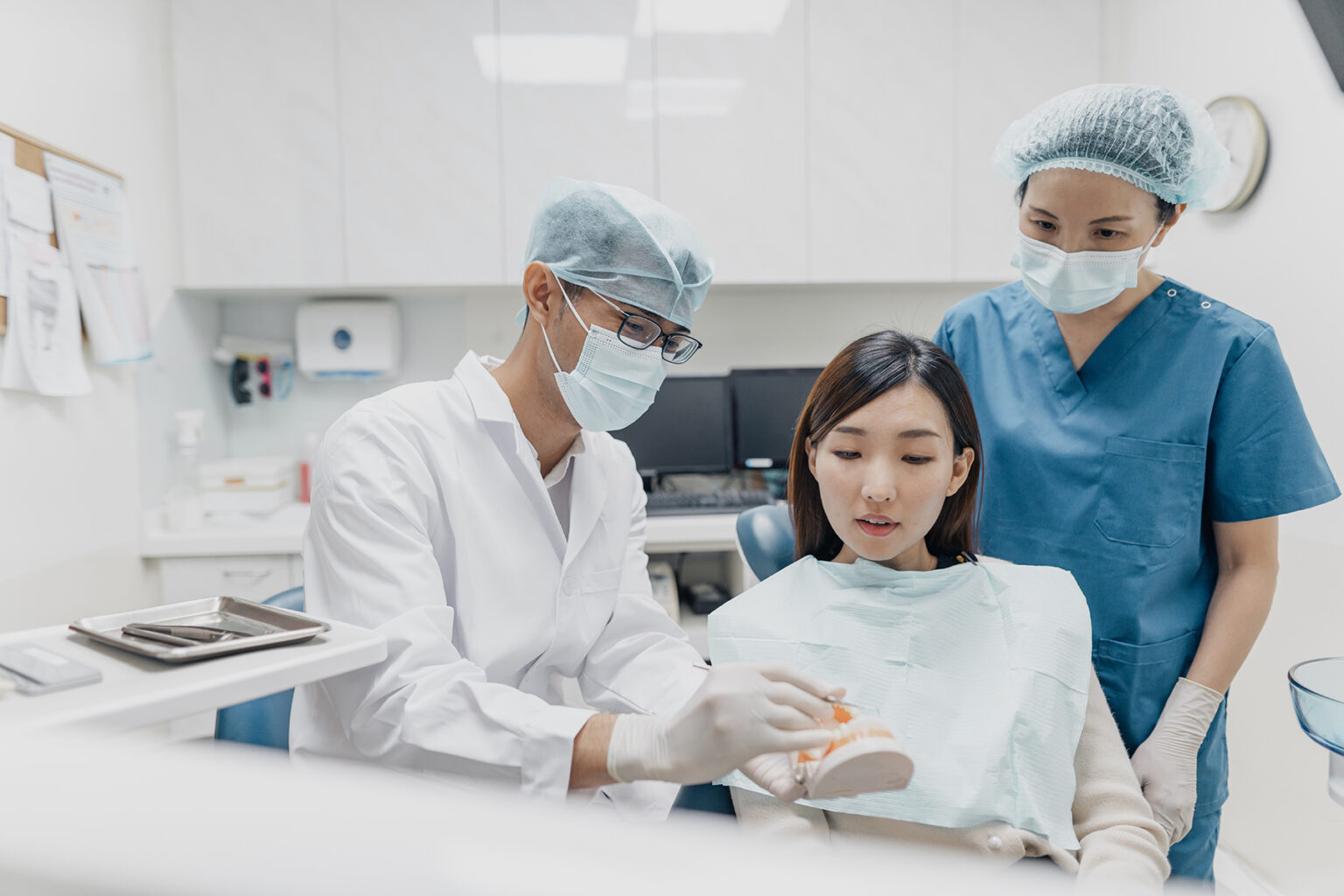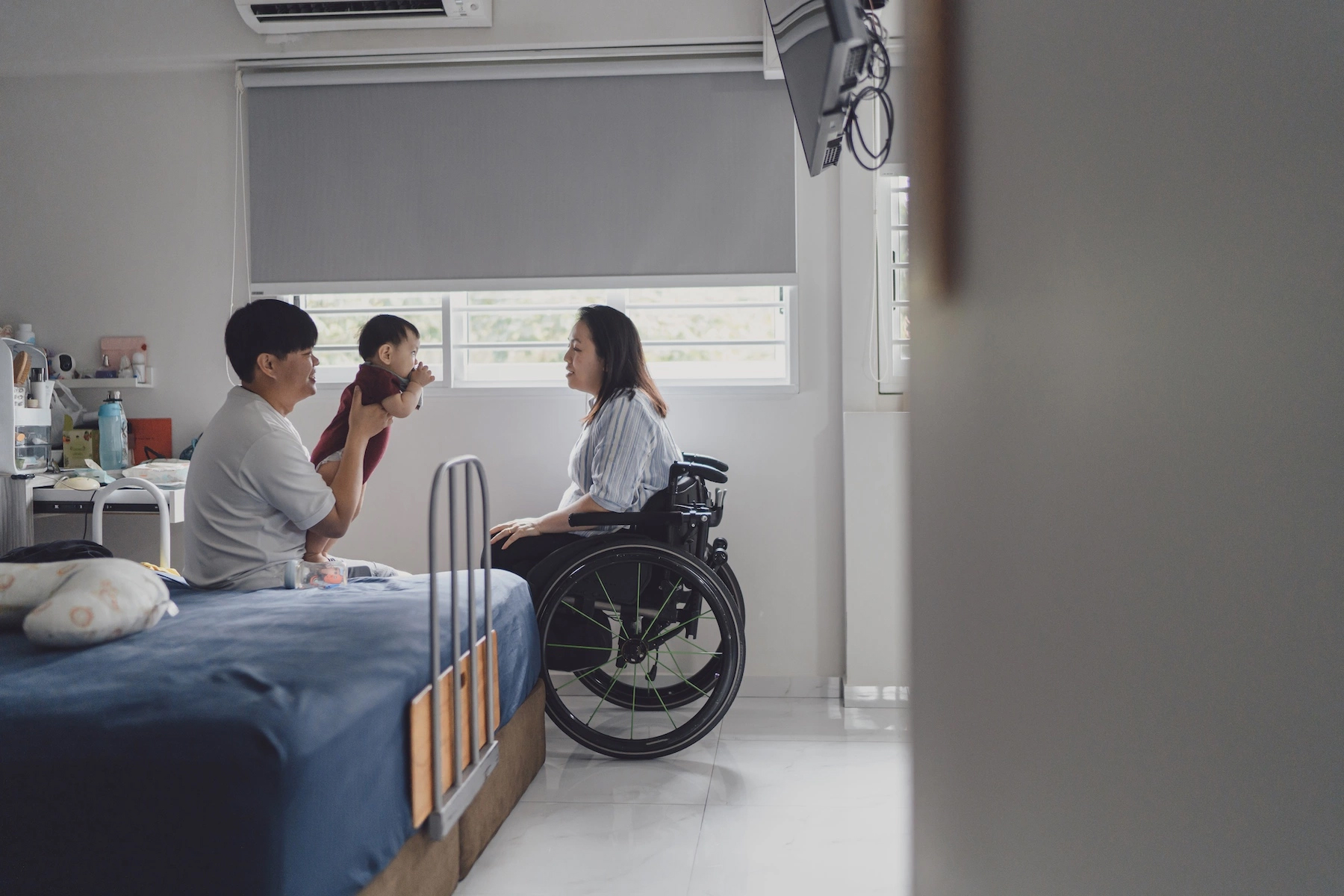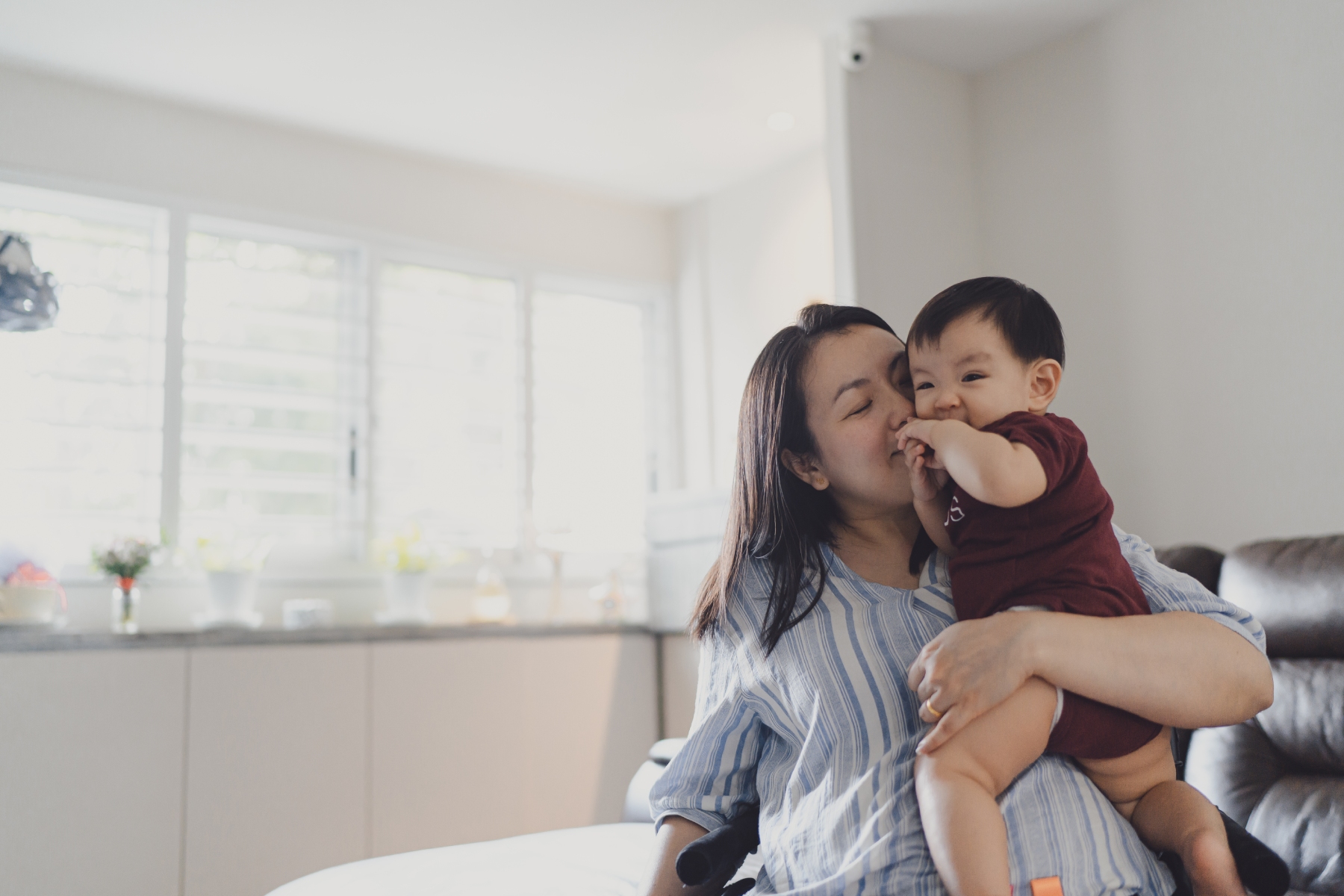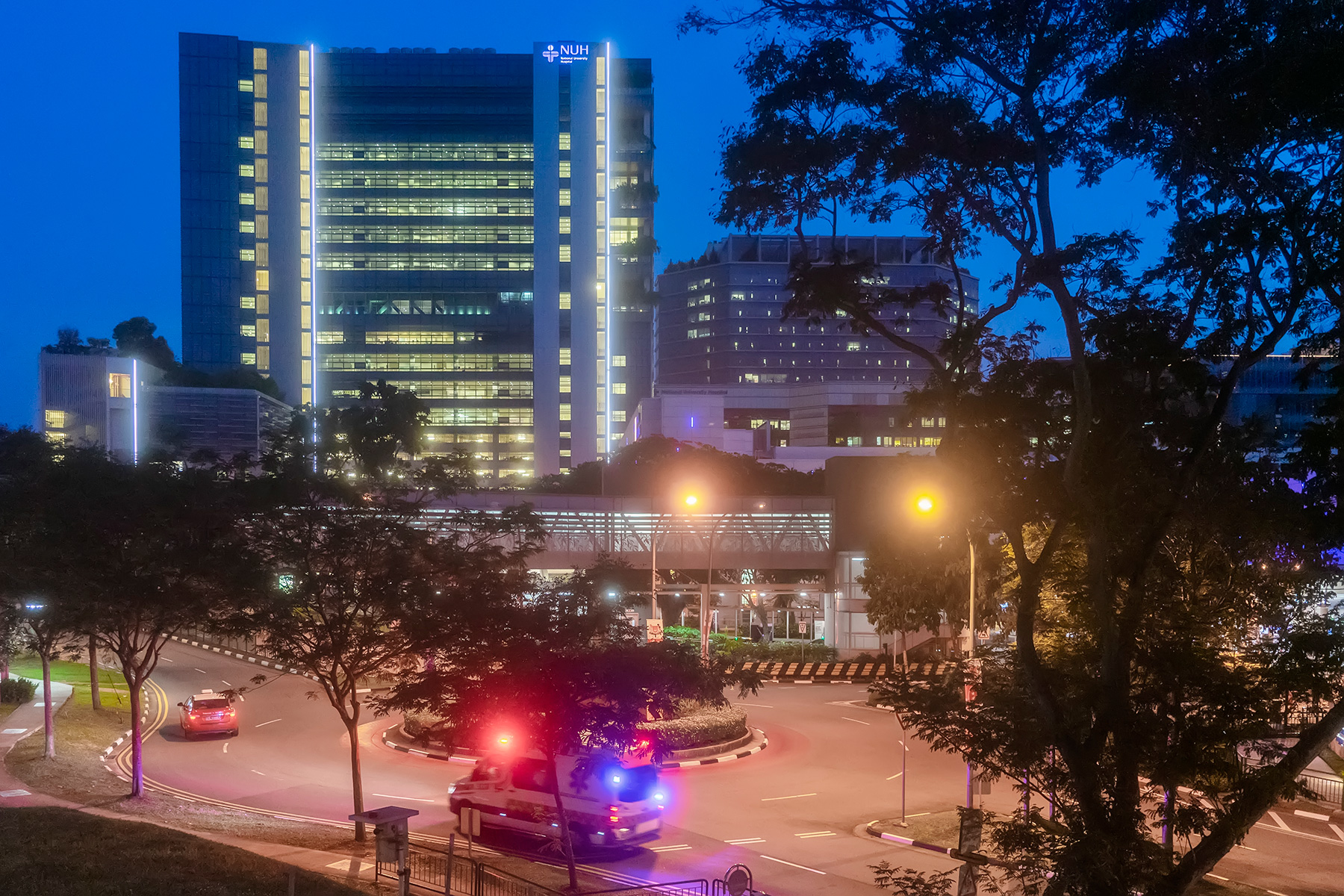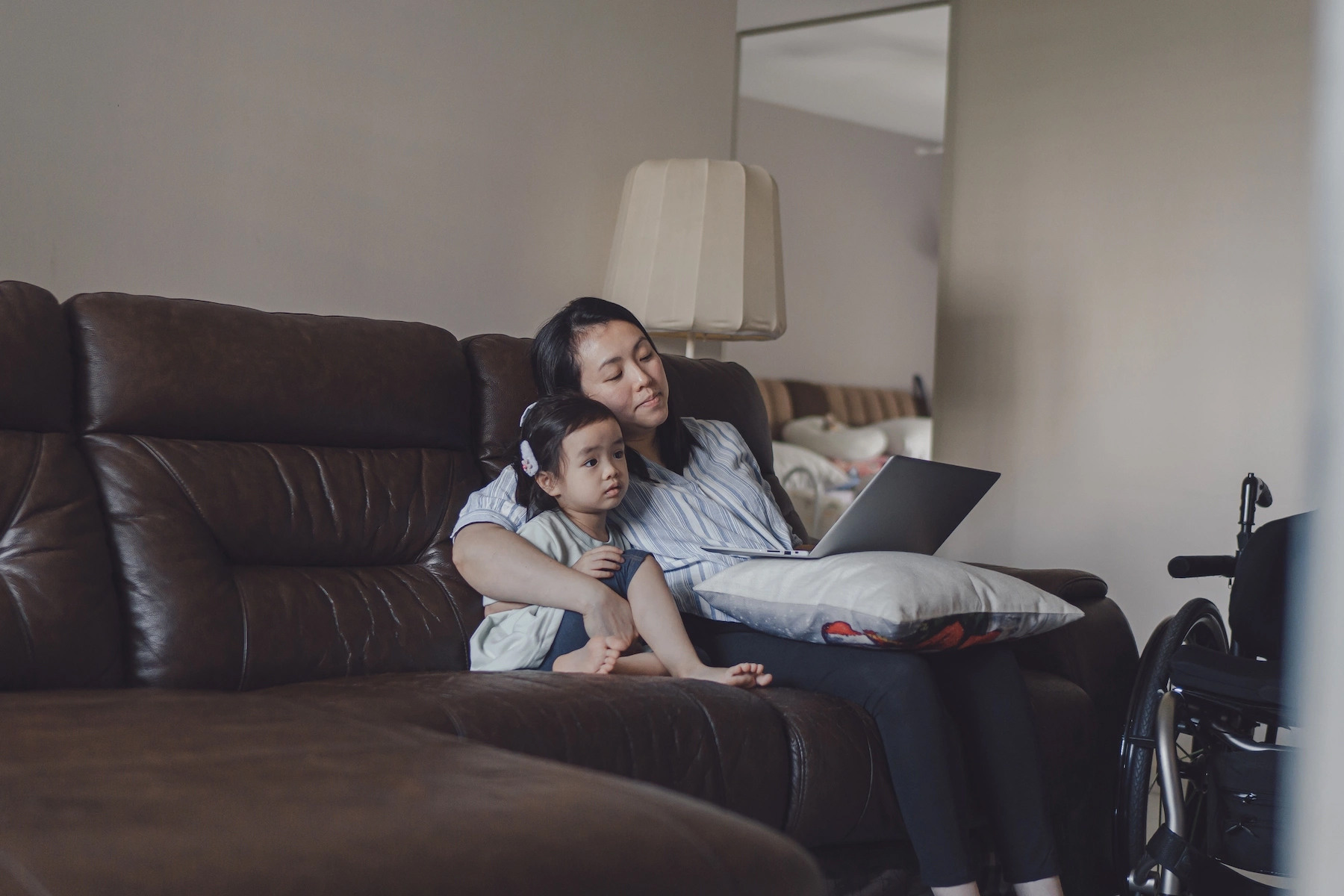Expats moving to a new country often prioritize finding a local doctor but tend to overlook dental care until it’s urgently needed. Fortunately, you will find a good dentist as the city-state is renowned for its high-quality dental services, aligning with its excellent medical care reputation.
While private dental costs in Singapore might be higher than in other Asian countries, they are generally more cost-effective compared to North American and European Union countries. For example, a root canal in the United States (US) can range between S$1,400 and S$2,800, while the same procedure in Singapore will cost around S$400 to S$1,700.
Here’s the lowdown on dentists in Singapore:
- Singapore’s healthcare system
- Dental care in Singapore
- Singapore’s state dental care
- Private dental care in Singapore
- Low-cost dental care in Singapore
- Children’s dental care in Singapore
- Singapore’s emergency dental care
- Dental insurance in Singapore
- Accessing dental care in Singapore
- Finding a dentist in Singapore
- Visiting a dentist in Singapore
- Useful resources
Allianz Care
Allianz Care is a world leader in providing international health insurance. Their various premiums provide professionally designed solutions for a variety of expat lifestyles. So, wherever your life takes you, make sure you have the right health protection for you and your family with Allianz Care.
Singapore’s healthcare system
New arrivals in Singapore should quickly learn to navigate the healthcare system. Both public and private services are available.
In practice, there’s little difference between the two for expats. The government subsidizes costs for Singaporean citizens and permanent residents and provides them access to public health insurance. In contrast, international patients must pay for treatments, whether private or public.
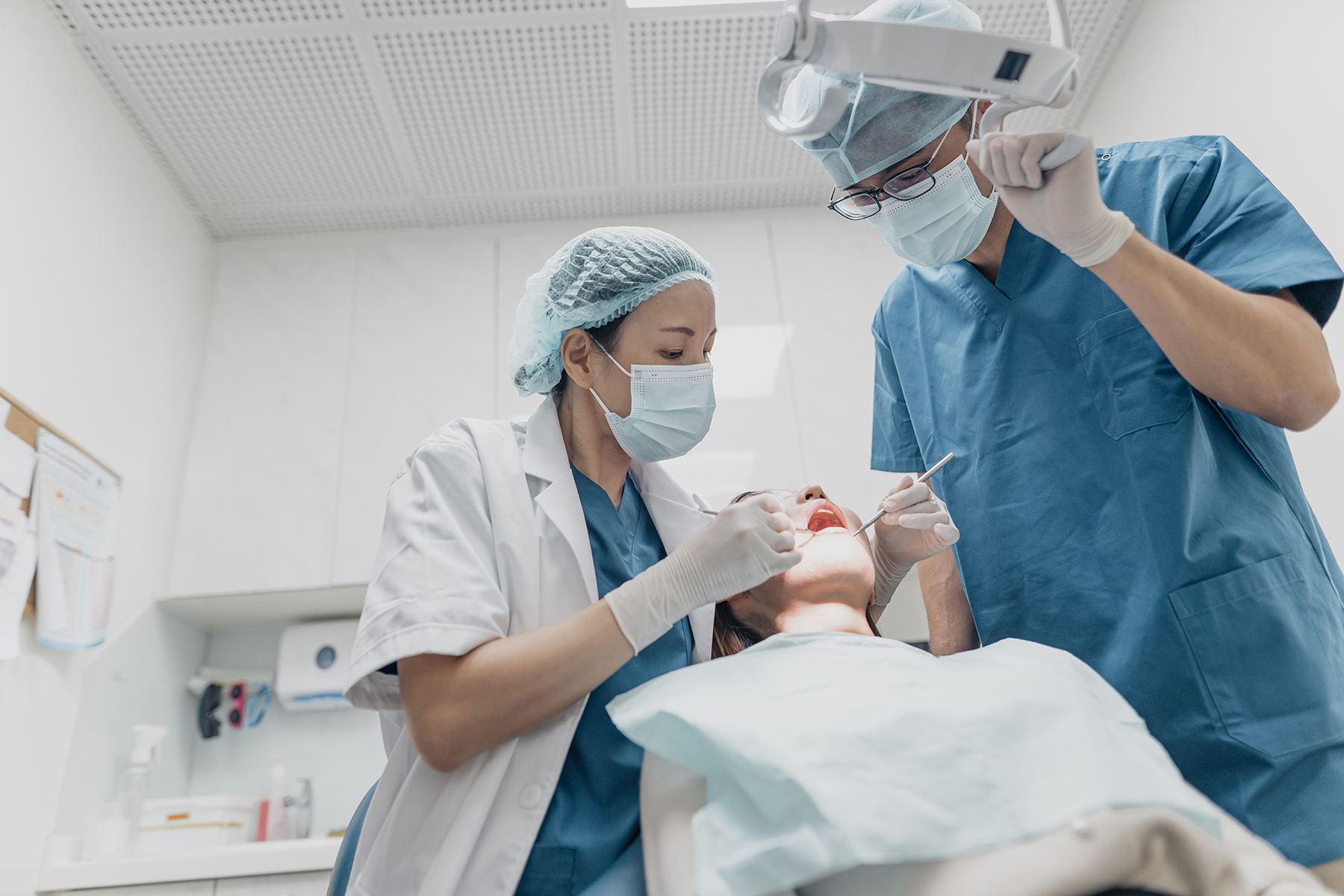
Still, hospitals won’t turn you away if you don’t have private health insurance. You will receive treatment and be billed for it, and these medical expenses can be high. Therefore, most expats will sort out private health insurance when they arrive in Singapore.
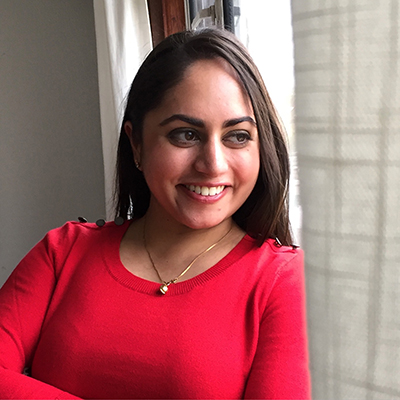
Local expert
Gayatri Bhaumik
Insider Tip
Accessing public dental care services will still be slightly cheaper than going private.
Dental care in Singapore
Singapore boasts one dentist for every 2,195 people. That’s around 0.5 per 1,000 residents, which puts the Lion City on par with South Korea and gives it a higher score than super-rich Switzerland. While some dentists warn that preventative oral care needs to be stronger, there are more than enough professionals.
The Singapore Dental Council (SDC) oversees the sector, and locally-trained dentists must study at the National University of Singapore (NUS) Faculty of Dentistry, the only dental school in the country.
They must undertake a rigorous four-year course to qualify. In addition, specialists need to study for another two years. Standards are also high for foreign-trained dentists, who must meet the SDC’s exacting requirements before practicing in Singapore.
Singapore’s state dental care
Polyclinics are a hallmark of the Singaporean public healthcare system. These large clinics operate as a one-stop shop where patients can go for all kinds of primary treatment. Some polyclinics even offer dentistry. Generally, seeing a dentist at a polyclinic may be slightly cheaper than going private. However, the wait times are often significantly longer, especially if you require specialist treatment.
Anyone can access state dental treatment in Singapore, but fees will vary depending on your residential status; expats can expect to pay much more than citizens or permanent residents. No matter what type of treatment you’re looking for, you’ll have to start by visiting a general dental practitioner (GDP), who refer you to a specialist if necessary.
The Ministry of Health (MOH) advises low-risk patients to visit the dentist every 12 to 18 months, while those with poor oral hygiene or dental issues should go more frequently. In practice, you can go to a public dentist as often as you wish, as long as you can foot the bill.
Costs of public dentistry
The Ministry of Health keeps records of average prices for treatments in the public system, which can provide you with an up-to-date idea of how much things are likely to cost.
Indeed, treatment rates vary, for example, a scale and polish at a public dentist in Singapore might cost a citizen or permanent resident as little as S$50, but specialist treatments will be much more expensive. However, expats will always pay more.
However, when it comes to services like dental implants, wisdom teeth removal, or root canals, you may notice little difference in price between the public and private sectors.

Conveniently, you’ll find several different options for paying your bill. As such, you can choose between:
- Internet or mobile banking
- Apps
- AXS stations
- Paying with a bank card or cash in person (some places even accept checks)
Private dental care in Singapore
The main advantage of using private dentists in Singapore is speed. Unlike in the public system, you won’t wait weeks or even months to see a specialist. You won’t need a referral, either. Instead, you can go straight for specialist treatment.
There is a large number of private dentists in Singapore. You can find one nearby using the SDC’s search tool. Of course, it helps to compare before you commit to a dentist; you will want to see other patients’ reviews and understand their treatments, methods, pricing, materials used, and so on.
Costs of private dentists
Many private dentists in Singapore offer a sliding scale of prices according to the treatment and the materials involved.
Fortunately, they are generally transparent about the exact costs before the treatment; there won’t be any hidden fees or last-minute charges. Like in the public system, you will usually find various payment options, including online, credit card, cash, and by app.
However, it helps to shop around when looking for a private dentist in Singapore, as rates vary significantly. For example, you might be charged over twice as much at a high-end dental clinic than at the cheaper end of the market.
Low-cost dental care in Singapore
Several public medical subsidies exist in Singapore, but expats do not qualify for these. Therefore, you must think creatively if you need budget-friendly dentistry.
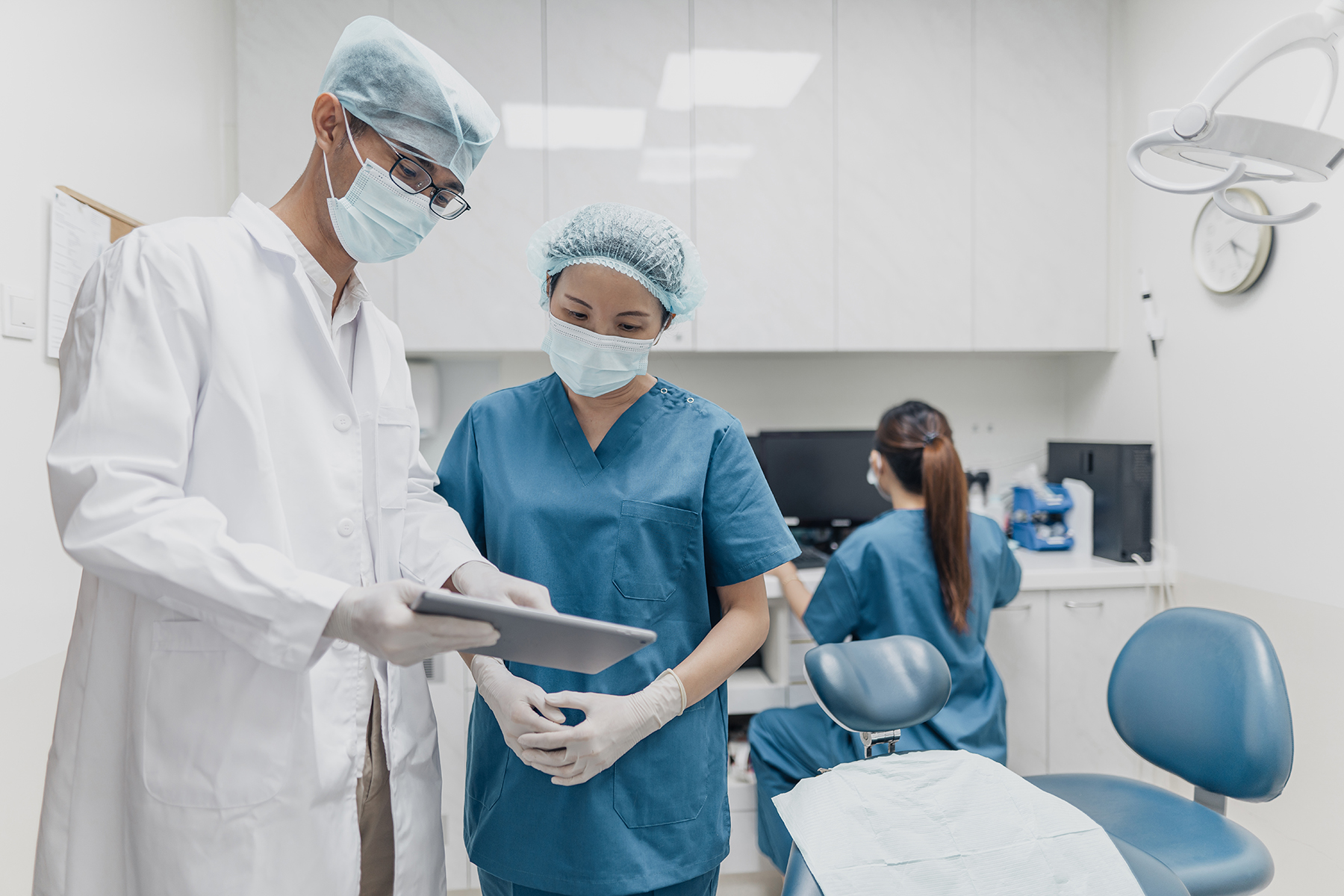
For instance, you might access low-cost treatment by signing up as a patient at NUS’ S.M.I.L.E clinics. These are training clinics where third- and fourth-year dentistry students hone their skills. Treatments tend to take more time than at a regular dental clinic, and you’ll have to cope with several dental students crowding around to see what’s going on, but you’ll be able to look after your teeth while saving money.
Children’s dental care in Singapore
Children’s dental care is not free in Singapore, although some subsidized programs are available.
There are three pricing tiers: treatments are cheapest for citizens, followed by permanent residents, and finally, foreigners. Interestingly, the pricing is based on the residential status of the child rather than the parents.
The Youth Preventive Dental Service (YPDS) provides some treatments to children from pre-school age through primary and secondary school. The Student Dental Center (Healthhub) is another option; it is available for young ones at schools and students in higher education under the age of 19.
Schools in Singapore do not have a dentist on-site, but they provide some preventative services, such as screenings.
However, as getting a non-citizen or permanent resident child into the public system is very difficult, many expats choose an international school instead. Some of these will also have occasional dental checkups, but you’ll have to clarify this with the individual institution.
Singapore’s emergency dental care
In an emergency, you can go to the National Dental Center Singapore (NDCS). It offers a 24-hour emergency service at its Urgent Care Clinic.
Fees are higher than in regular office hours, and patients will only receive initial treatment for their dental problems. However, if more complex, ongoing treatment is required, you’ll need to get a follow-up appointment with your own dentist or a specialist.
Notably, NDCS tends to avoid accepting patients with severe toothache to its Urgent Care Clinic, so if you find yourself in ongoing pain, you may wish to go to a private clinic instead.
Some private dental clinics also offer emergency services; others even have 24-hour availability.
Dental insurance in Singapore
As an expat, you cannot access any of Singapore’s public health insurance programs. In theory, you don’t need private health insurance; unlike in some countries, it’s not legally required. However, internationals are strongly advised to take out policies to avoid paying potentially hefty fees.
Notably, standard private health insurance packages in Singapore often don’t cover visits to the dentist, so make sure to choose one that does. In many cases, expats’ employers will offer to organize health insurance for them. Before signing anything, check the policy carefully to see what, if any, dental treatment is covered.
If you’re going to a private clinic, you should also check its billing policies. For example, some are happy to send the bill straight to your insurer, which can help avoid a mountain of paperwork.
It is wise to compare various health insurance providers to find one that suits your needs and budget best; for example, consider one of these international companies that are expat-friendly:
Accessing dental care in Singapore
Anyone can access dental care in Singapore if they can pay the bill. Therefore, as a non-citizen, you won’t be turned away from public clinics. You may need to wait for a while, though. If you need emergency treatment, keep in mind that the public NDCS prioritizes the most urgent cases.
You can turn up at a polyclinic without an appointment for primary treatment like a scale and polish. However, bring a book to kill time in the waiting room, as you won’t be seen as quickly as you would at a private clinic.
Finding a dentist in Singapore
The SDC has a handy search tool that you can use to find dentists, dental hygienists, oral health therapists, and other specialists. It will show you both private and public clinics. In Singapore, no geographic restrictions force you to visit a dentist in your local area; instead, you can go to a clinic anywhere in the city-state.
If you’re going private, you might want to check online reviews before you choose a dentist. In particular, look for comments that cover issues that are relevant to your needs. For example, if you have children, check to see if the clinic has a good reputation for dealing with young patients.
Finding an English-speaking dentist
Although Singapore has four official languages, English is the most common and is the country’s lingua franca. All locally-trained dentists will have gone through dental school entirely in English; those from other countries must prove their English language level before practicing in Singapore.
As such, you’re guaranteed to find an English-speaking dentist wherever you look.
Visiting a dentist in Singapore
This process will vary, depending on whether you’re at a public or private clinic. In the public system, you’ll need to bring some form of identification; a private dentist will usually ask for an ID if it’s your first visit, but it may not be necessary once you’re on their books.
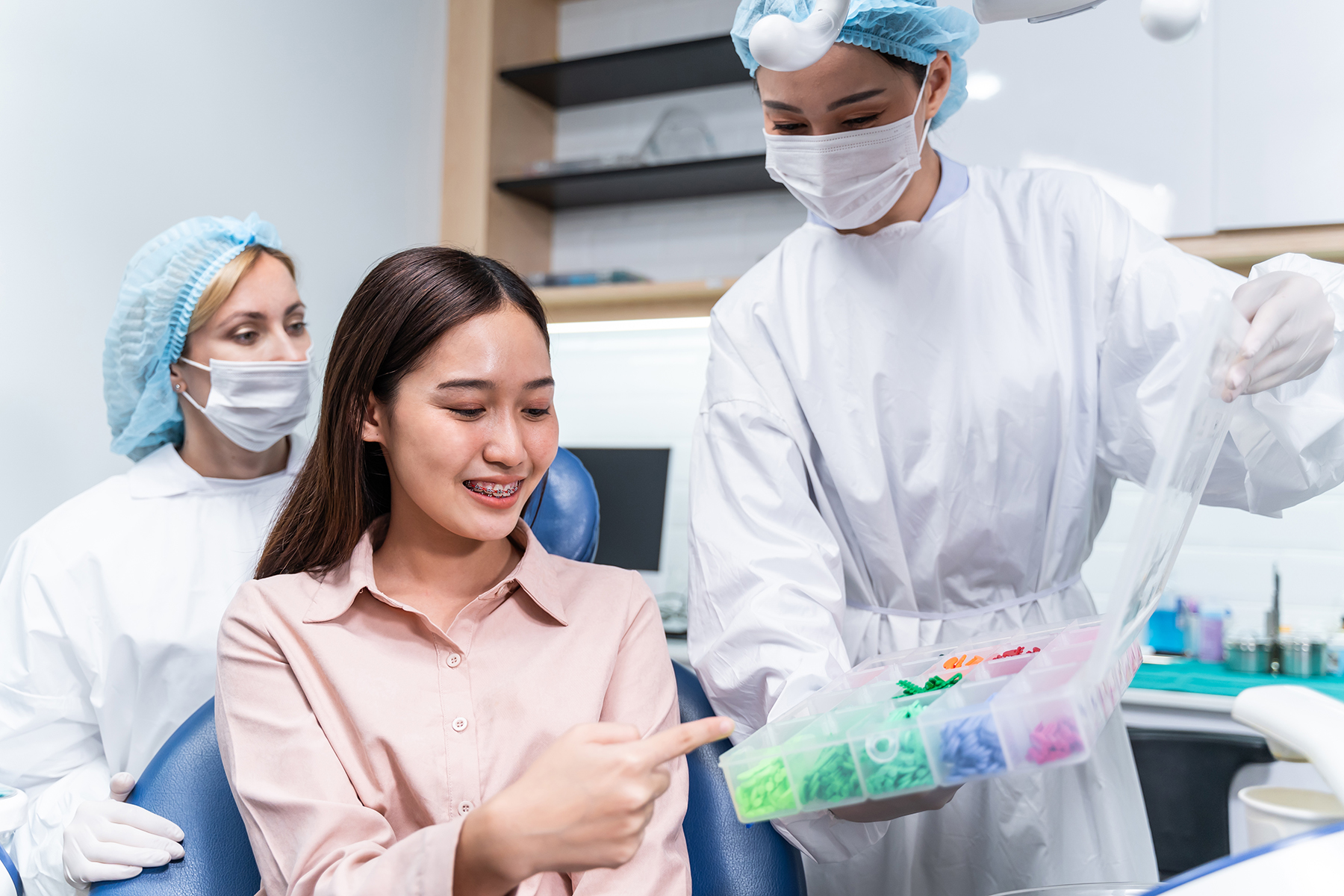
You may have to make an appointment in advance at a private clinic, while Singapore’s public polyclinics treat both walk-ins and patients with appointments. Wait times are unpredictable: the average is 17 minutes, but waiting two hours is not unheard of in busy public clinics.
Some private clinics also welcome walk-ins, particularly those that you’ll find in Singapore’s many shopping malls.
Useful resources
- The National Dental Center of Singapore (NDSC) – provides multidisciplinary specialist care for complex dental conditions and ongoing training for dentists and specialists
- Singapore Dental Council – professional dental association
- Youth Preventive Dental Service – school dental care program
- Singhealth – find a polyclinic
